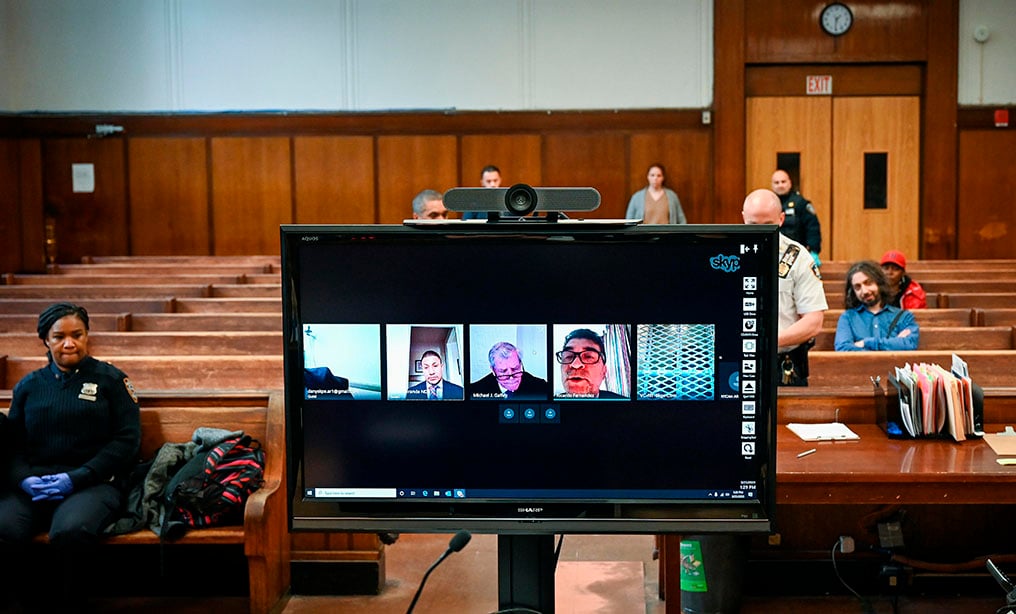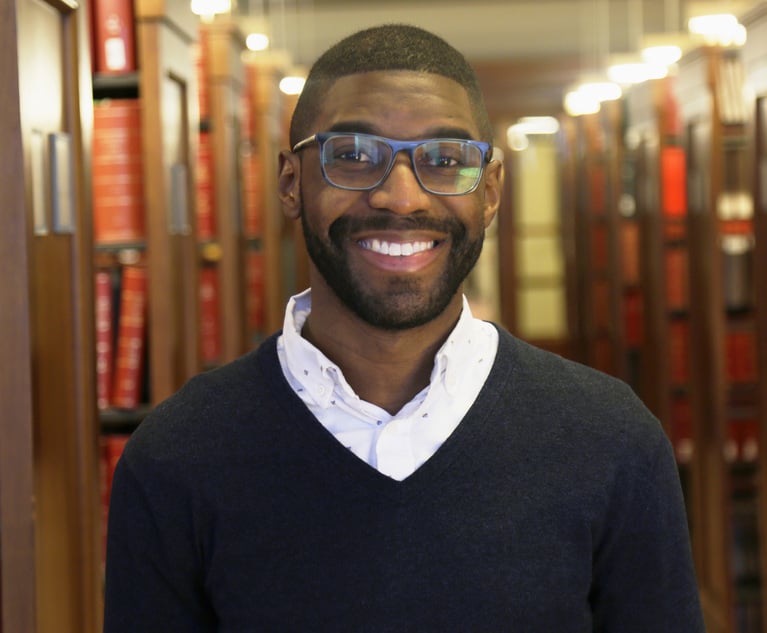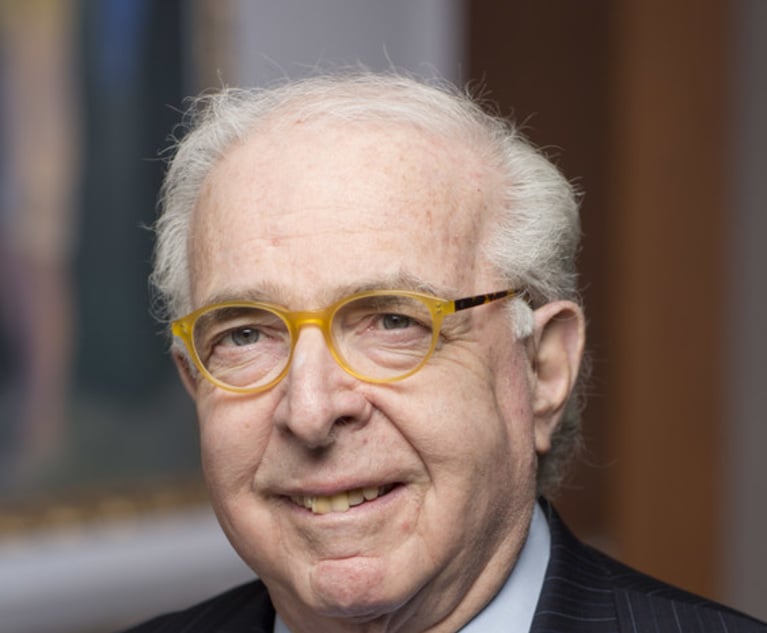In Simon Sinek’s newest book, “The Infinite Game,” he popularized the term “existential flexibility,” which is the capacity to make a 180-degree turn to navigate a completely changed environment. As a society we’ve been forced into flexibility due to the pandemic, and it’s worth recognizing the long-lasting good that can come from shaking up the systems we’d previously accepted as “good enough”—particularly, our criminal justice system. As part of this shift, legal professionals’ objectives should move away from simply getting people locked up or let off, and instead aim to improve the system itself so that justice, however it is meted out, flows more efficiently.
Often, a crisis will necessitate a different approach to how we get things done. Sometimes that approach should be temporary, like remote-learning at schools, but other times adapting to a completely changed environment can reveal a more efficient way of doing things and should become a permanent solution. One of the most visible and relevant examples is in the healthcare sector. Thanks to the pandemic, we rely more on telehealth for our doctor appointments, and are now asking why anyone would go back to traveling to a doctor’s office to be told we have pink eye, and why we would stand in line at CVS when Capsule can deliver medication to our door.


 A virtual arraignment is conducted at Criminal Court in New York. Photo: New York Unified Court System via AP
A virtual arraignment is conducted at Criminal Court in New York. Photo: New York Unified Court System via AP




